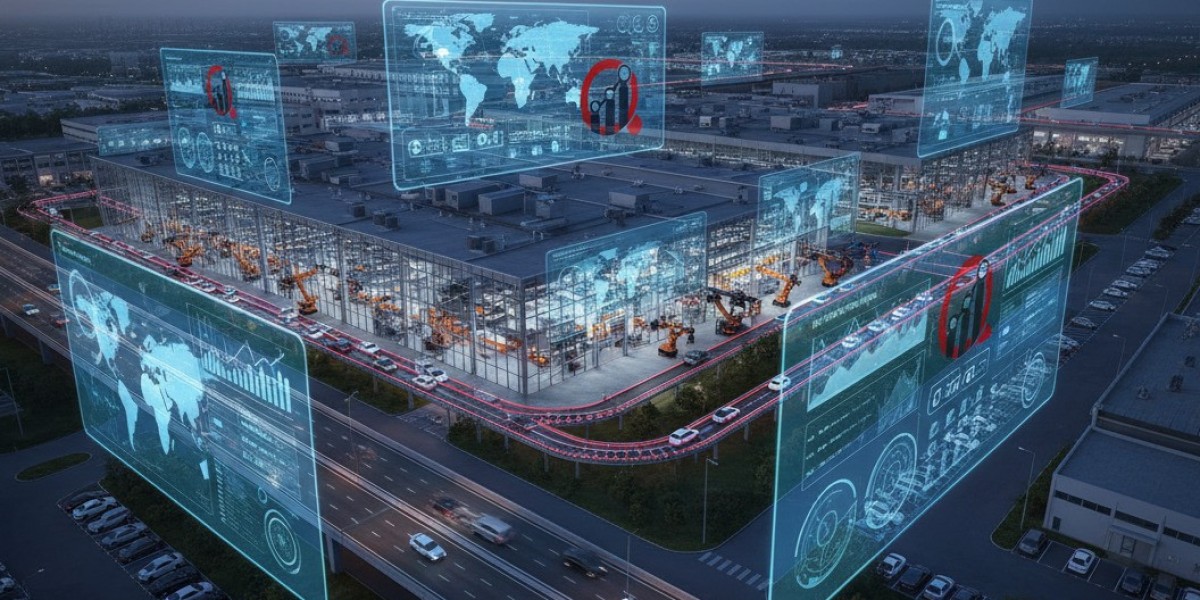The Microcontroller Industry is at the core of today’s technological revolution, driving advancements in automation, consumer electronics, and industrial systems. Microcontrollers act as the “brains” of countless devices, from household appliances to automotive systems, enabling efficient control, intelligent operation, and real-time decision-making. Their rising adoption reflects a world increasingly reliant on compact, powerful, and energy-efficient electronic solutions.
At its heart, a microcontroller is a processor chip designed to execute specific control functions within an embedded system. These chips integrate memory, processing power, and input/output controls, allowing devices to operate autonomously. As industries push toward smart manufacturing and digitalization, microcontrollers have become indispensable components in applications requiring precision, flexibility, and scalability. From robotics to medical devices, they are the unsung heroes ensuring performance and reliability.
The demand for low power computing solutions is another major growth driver, particularly in portable and IoT devices where energy efficiency is key. Advanced microcontrollers now feature optimized architectures and intelligent electronic control systems to reduce energy consumption while maintaining performance. This innovation is transforming products like wearables, sensors, and battery-operated gadgets, setting new standards in sustainable technology design.
The synergy between connected devices and intelligent control is also influencing other markets. For example, the Brazil Smart Home Appliances Market is leveraging microcontroller-based technologies to enhance automation and energy efficiency in everyday household products. From smart refrigerators to automated lighting, microcontrollers enable seamless device communication and real-time adaptability—key components of a modern connected lifestyle.
In the industrial domain, the Tank Gauging System Market also benefits from microcontroller integration. These systems rely on microcontroller-driven sensors for accurate measurement, monitoring, and control of liquid levels in storage tanks—critical for industries like oil, gas, and chemicals. With improved precision and reliability, microcontroller-powered gauging systems contribute to operational safety and efficiency.
Looking ahead, the Microcontroller Industry is expected to witness significant growth fueled by trends such as automation, artificial intelligence, and edge computing. Innovations in 32-bit architectures, enhanced security protocols, and wireless connectivity are expanding their use cases across emerging sectors. As technology becomes more compact, intelligent, and interconnected, microcontrollers will continue to play a defining role in shaping the digital future.
FAQs
1. What is a microcontroller used for?
A microcontroller is used to manage and control operations in various electronic devices, from household appliances and vehicles to industrial automation systems.
2. How does a microcontroller differ from a microprocessor?
While a microprocessor handles general computing tasks, a microcontroller combines a processor, memory, and input/output peripherals on a single chip for specific control functions.
3. Why is low-power computing important in microcontroller design?
Low-power computing helps extend device battery life, reduce heat generation, and enhance overall efficiency—crucial for portable and embedded systems.








